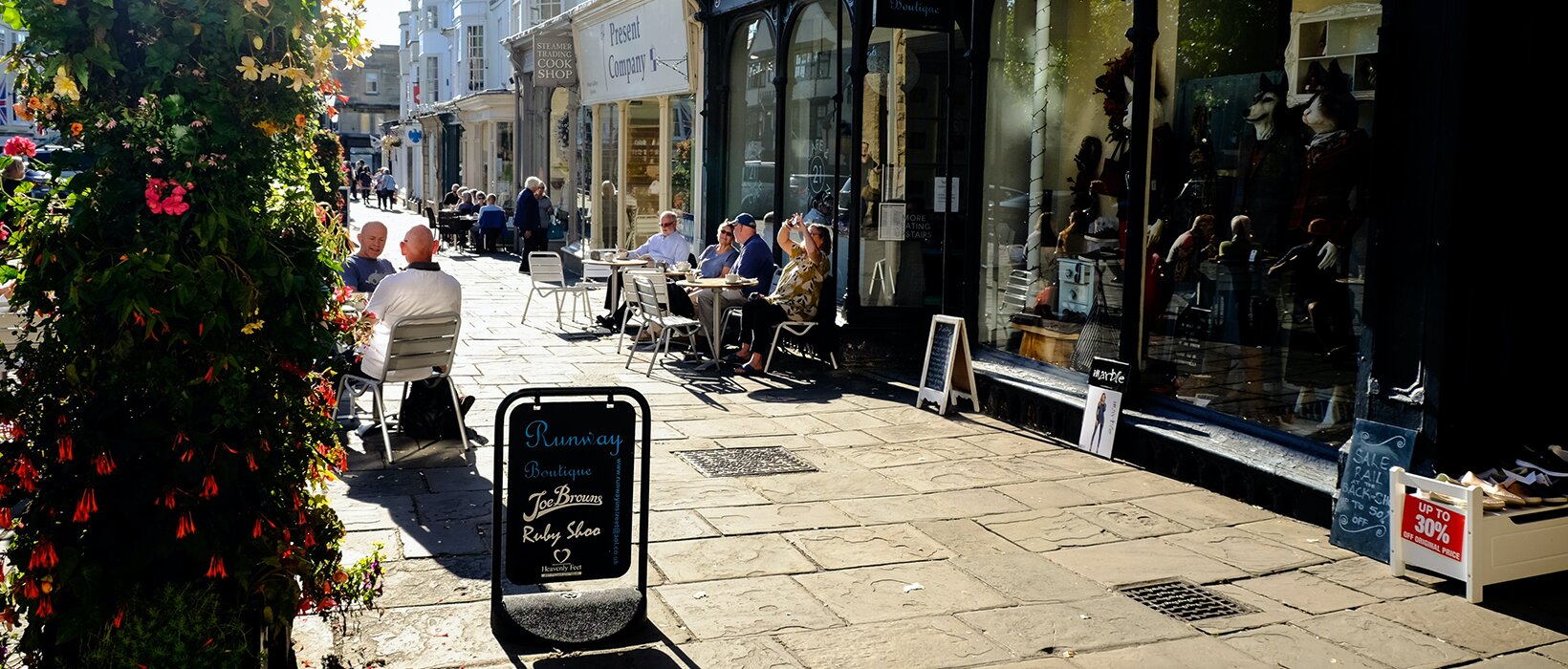It’s time to check your pavement licence
The Business and Planning Act will be overhauled in September with a higher application fee, so update your licence now
The Business and Planning Act was introduced in 2020 in response to the pandemic, providing a temporary pavement licensing regime for cafés, pubs, bars and restaurants. The current act is due to end on 30 September 2022 and there are a number of steps businesses should follow before it does.
The law
The Business and Planning Act process for pavement licences provides a faster and cheaper route for hospitality businesses to secure a licence to place furniture on the highway.
Under the Business and Planning Act 2020, pavement licences are granted by local authorities. Fees vary between authorities but are currently capped at £100. The public consultation period is seven days, starting the day after the application is sent electronically, with a further seven days in which to determine the application. If a local authority does not determine the application within this period, then the licence is deemed granted.
Any business selling food or drink for public consumption can apply for a licence. These include cafés, bars, restaurants, snack bars, coffee shops and ice-cream shops.
While the current scheme is due to end in September, the government has made a commitment to make the provision of pavement licences under the Business and Planning Act permanent. The bill, which was presented at the House of Commons and is still a draft piece of legislation, proposes a number of amendments to the current scheme including:
- Licence costs to increase to £350 for those who already hold a pavement licence, and to £500 for a new applicant.
- That the public consultation period is 14 days (currently seven days).
- The power to grant pavement licences for a period of up to two years (currently pavement licences can be granted for a period of no less than four months and no longer than one year).
Expert advice
While the bill is still subject to change there are a number of steps businesses should follow before the current Business and Planning Act ends. Premises that have pavement licences should reapply to ensure their current permissions remain in force until the end of September 2022. We also advise those businesses who do not have a table and chair and/or pavement licence to consider making an application for a new pavement licence as soon as possible so they can take advantage of reduced application fees for second-time licence holders.
We advise premises holding a table and chairs licence to consider having it ‘converted’ to a pavement licence as the application fee is generally less. Furthermore, those who have their licences converted will be able to take advantage of the reduced application fee after September.
In some circumstances, pavement licences do not allow the same type of furniture to be placed on the street as a tables and chairs licence (A-boards, for example). In these circumstances, premises should apply for a pavement licence and renew their tables and chairs licence (limited to the street furniture excluded by the pavement licence regime) in order to protect what they are currently permitted to place on the public highway.
Finally, some tables and chairs licences are dependent on planning permissions that will authorise premises to place certain types of furniture on the public highway. Businesses should look to renew these planning permissions where they authorise street furniture not permitted by the pavement licence regime.
To-do checklist
- Check the expiry date of your current pavement licence and re-apply to ensure it lasts until 30 September 2022.
- If no pavement licence is currently held, consider applying for a pavement licence and/or table and chair licence
- Check the permissions of your table and chairs licence.
- Look to convert your table and chairs licence to a pavement licence.
*Ewen Macgregor is a partner at TLT
ewen.macgregor@TLTsolicitors.com*












